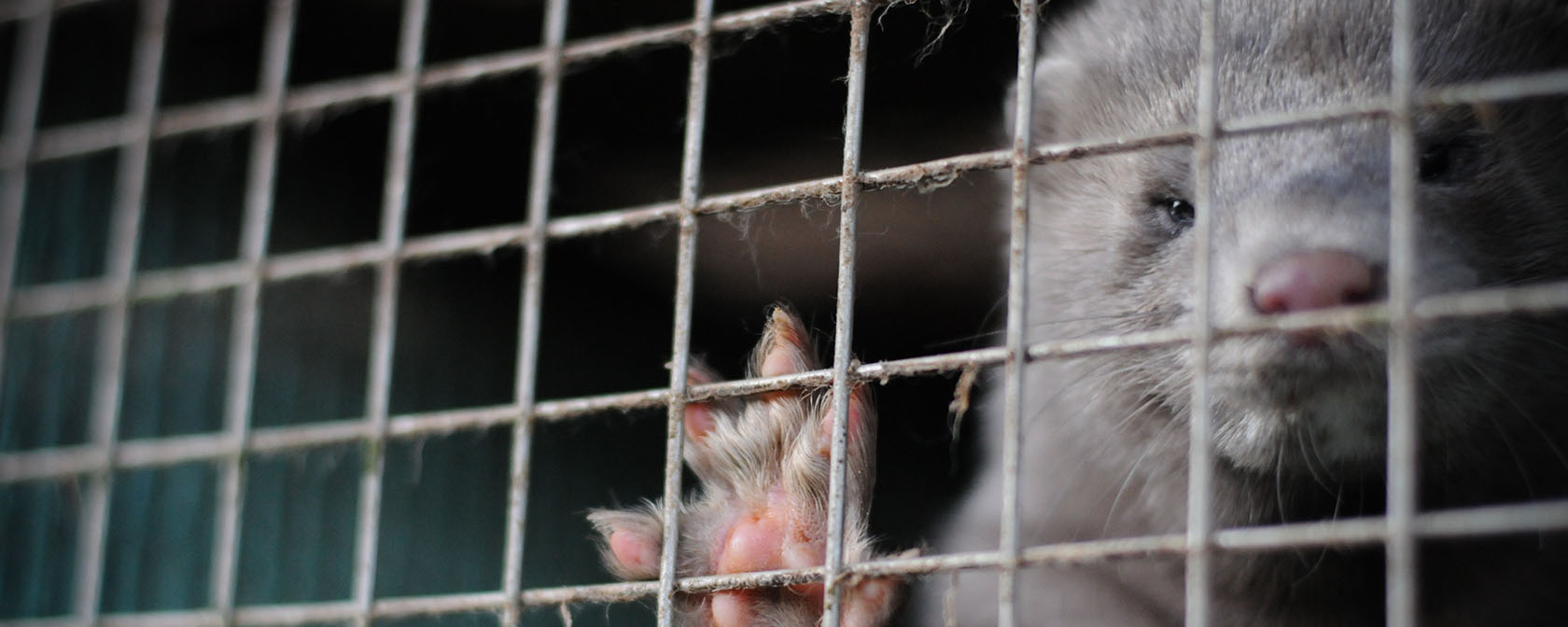By Sara Amundson and Kitty Block
Update (3/6/2021): The Senate has just passed the American Rescue Plan Act of 2021 and it includes almost all of the provisions we supported and pushed for that would benefit animals. Next, the House is expected to vote on the Senate-passed package, following which the bill heads to President Biden who has confirmed he will sign it.
Late Friday evening, the U.S. House of Representatives voted to approve the reconciliation package that incorporates the American Rescue Plan Act of 2021. As a result of our efforts, the package includes significant funding commitments for public health surveillance, inspections, investigations and other preventative measures centering on domestic and wild animal species.
The American Rescue Plan Act is designed to provide relief to the American people, protect them from further risks of infection, and prevent additional suffering, death and economic losses stemming from COVID-19. That’s all the more reason for funding key programs to address the challenge of zoonotic diseases like COVID-19, and for taking account of the connection between animal welfare and human health and safety.
The measure designates $300 million for USDA monitoring and surveillance of animals susceptible to the virus. We urge Agriculture Secretary Vilsack to allocate a portion of these funds specifically for data collection and monitoring at fur (and especially mink) farms which have emerged as dangerous reservoirs for zoonotic diseases and COVID-19 mutations.
Thanks to the leadership of Rep. Raul Grijalva, D-Ariz., the chair of the House Natural Resources Committee, the stimulus package also designates $95 million for the U.S. Fish and Wildlife Service (USFWS) for inspection, interdiction, and research related to certain species and COVID-19. These funds include:
- $20 million for wildlife inspections, interdictions, and investigations, as well as related activities to address wildlife trafficking,
- $30 million for the care of captive species listed under the Endangered Species Act, rescued and confiscated wildlife, and Federal trust species living in facilities that have lost revenue due to COVID-19, and
- $45 million to strengthen early detection, rapid response, and science-based management for wildlife disease outbreaks before they become pandemics, and expand capacity for early detection of zoonotic diseases that might jump the species barrier in the U.S.
Finally, the House approved an additional $10 million for the USFWS to produce regulations concerning the listing of injurious species on an emergency basis if they transmit a pathogen deemed to pose a risk to human health, which will help track and restrict the movement of zoonotic disease in the U.S. and globally.
We’ve been making the case for the interconnection between human and animal health and safety for many years, but the pandemic has made our national and global responsibilities in this arena much clearer. These funding commitments raise the ante in our nation’s efforts to protect both humans and animals and set the stage for a future in which the interests of animals figure more completely in public policy concerning pandemic and other threats to the well-being of all.
The U.S. Senate is the next stop for this package. Over the next few days, Senators will deliberate on the fate of these animal-related measures. And we’ll be there to make the case again and urge swift passage of this crucial bill.
Kitty Block is President and CEO of the Humane Society of the United States.




